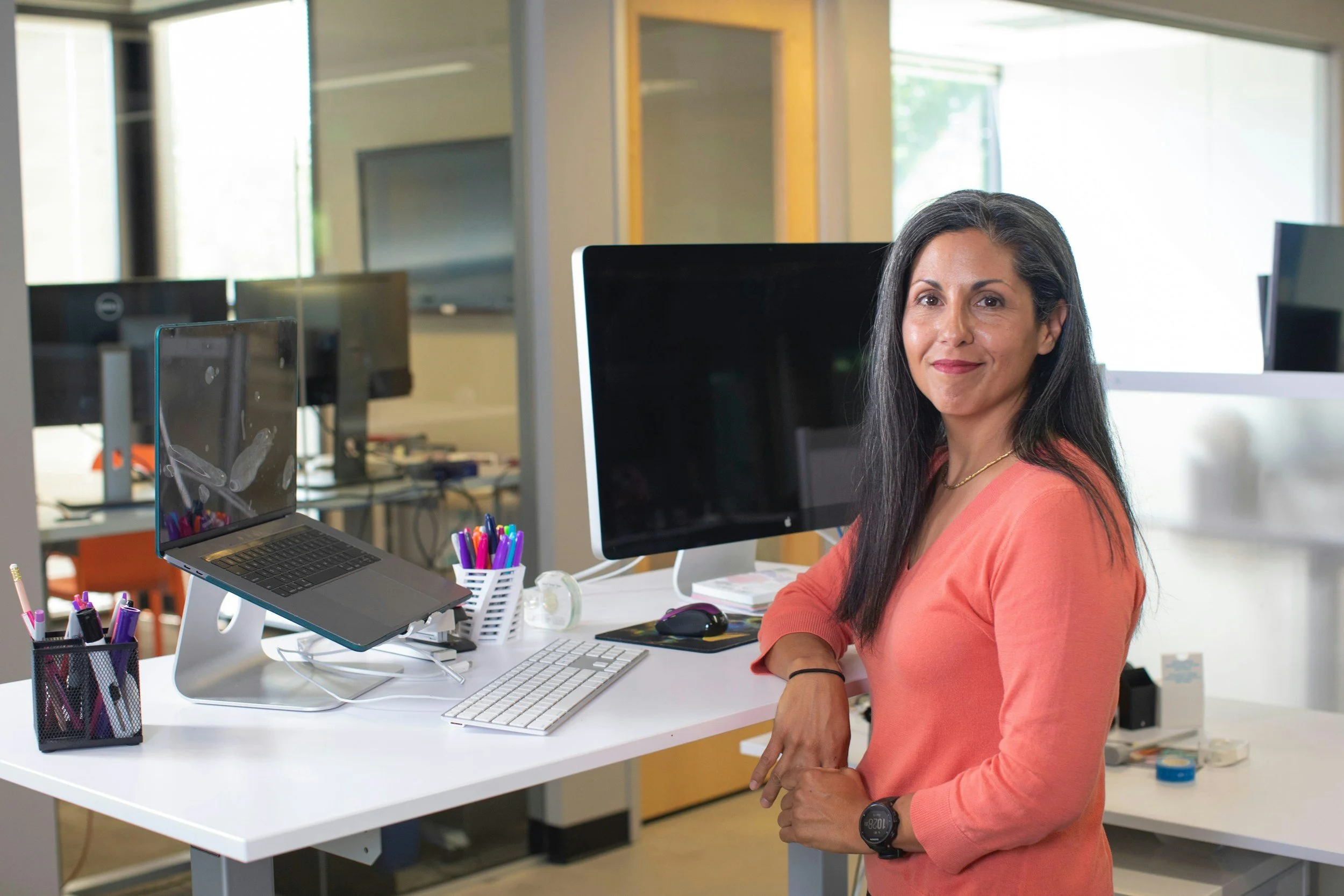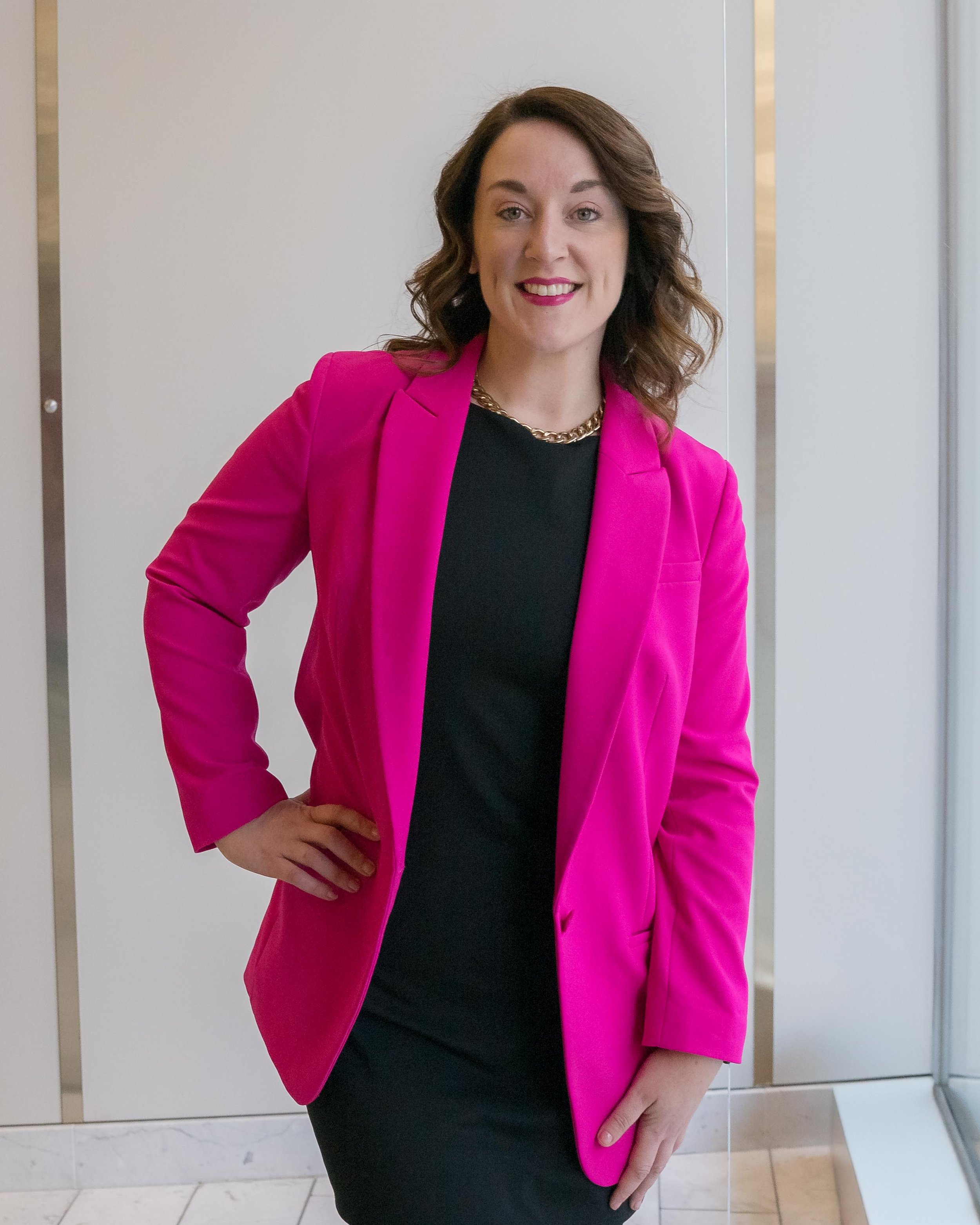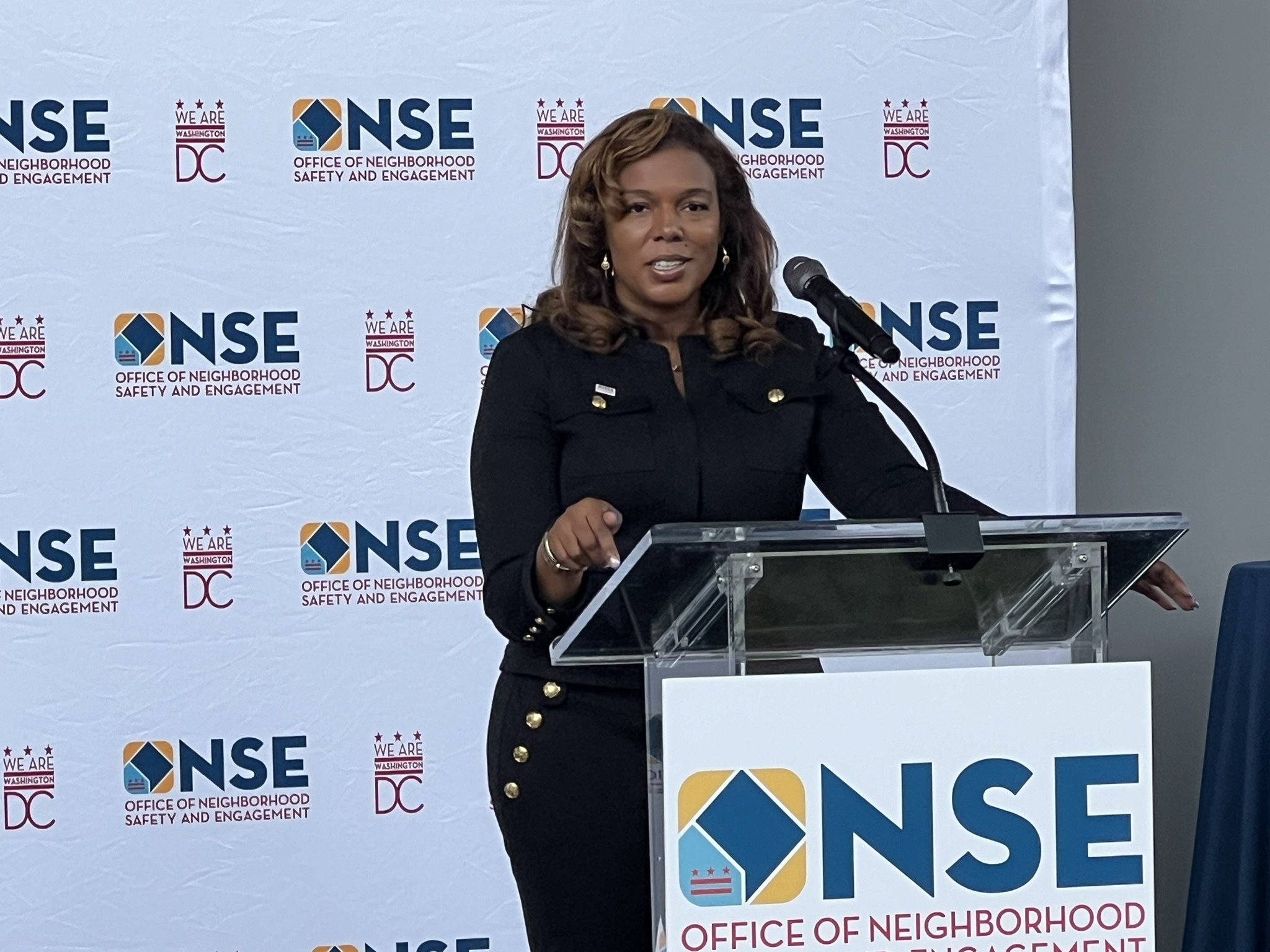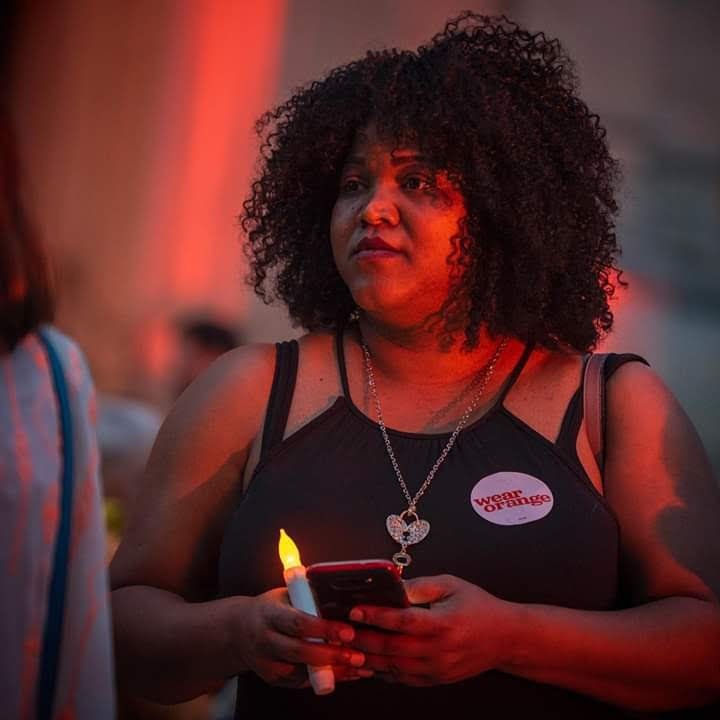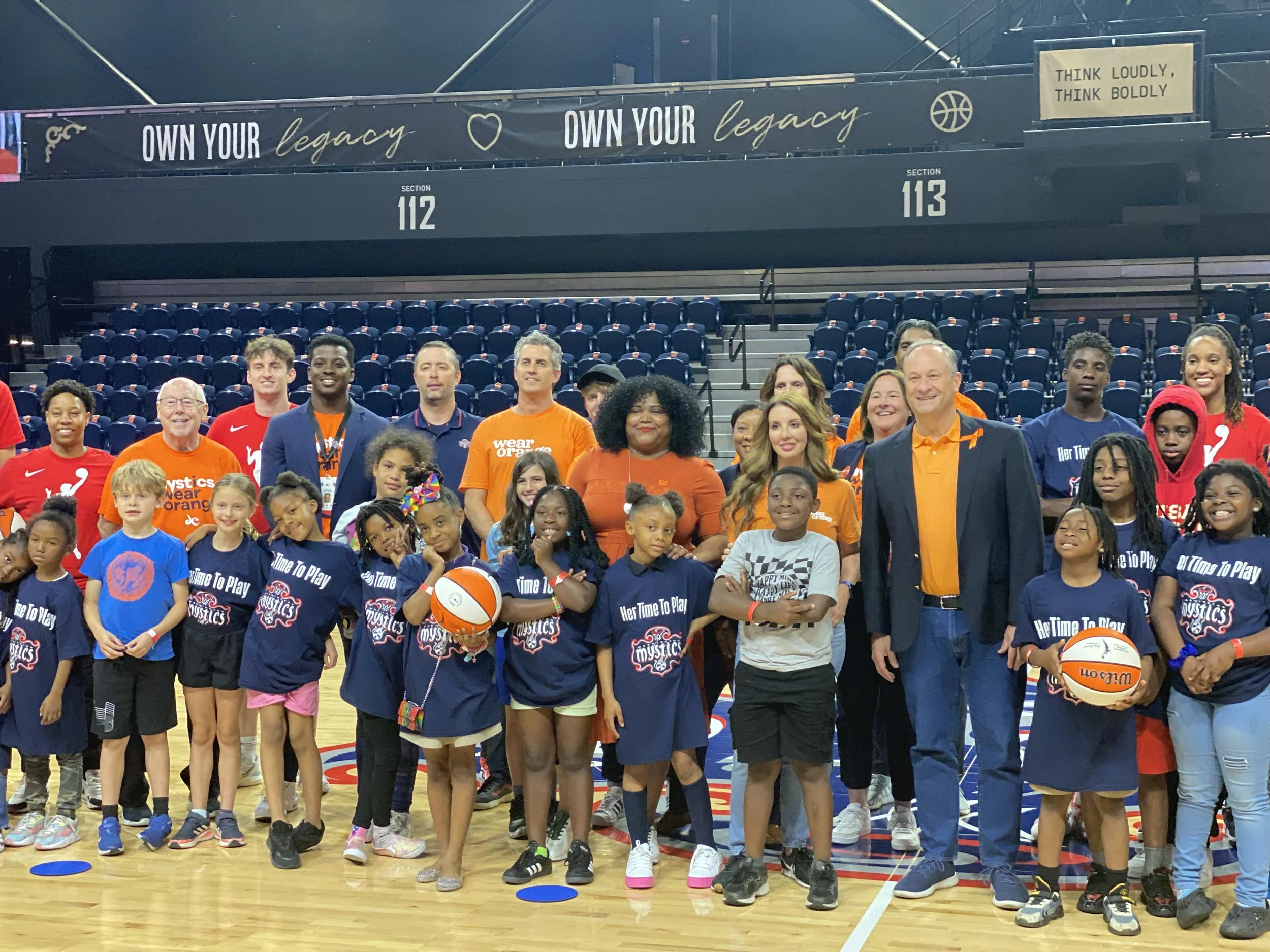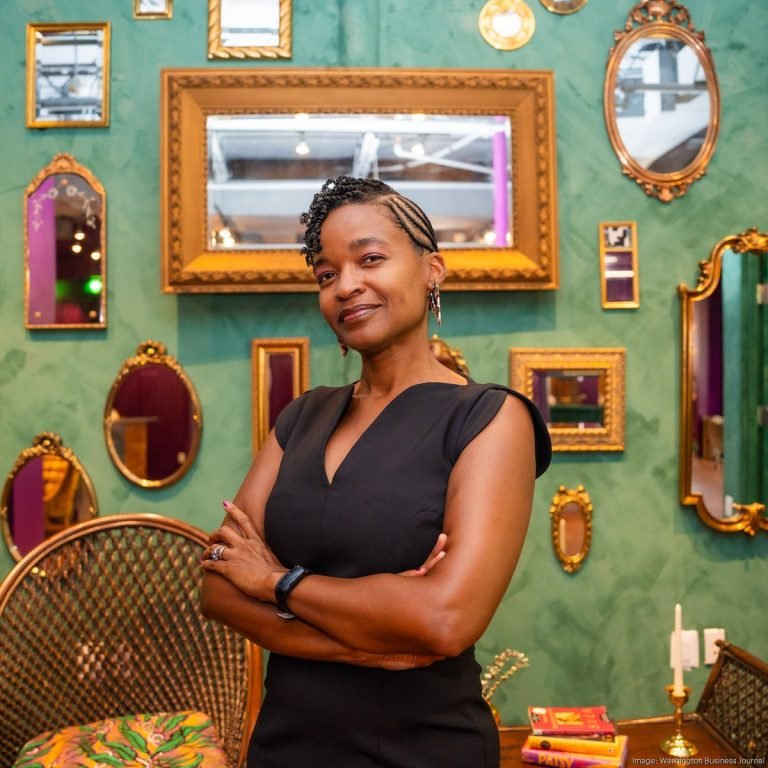Which Communities/Neighborhoods do you serve?
The DC LGBTQ+ Budget Coalition serves LGBTQ+ communities across all eight wards of Washington, DC, with a strong focus on those who are most systemically marginalized.
This includes:
Black and Brown transgender and gender-nonconforming individuals
LGBTQ+ youth and seniors
Low-to-no-income residents
People with disabilities
Unhoused and housing-insecure individuals
Briefly describe the story behind your organization. What was the inspiration to focus on changing systems rather than just providing services?
The DC LGBTQ+ Budget Coalition was born out of a shared frustration with the status quo, where LGBTQ+ organizations had to compete for minimal funding, and structural change felt out of reach. Rather than focusing solely on direct services, a small group of community organizers and advocates came together to ask: What would it look like to reshape city systems and budgets to reflect the needs and leadership of LGBTQ+ people?
With a vision of collective power, we shifted toward budget advocacy to secure long-term, systemic investments in housing, healthcare, safety, and economic opportunity. What began as a handful of voices has grown into a powerful coalition of over 20 LGBTQ-led and LGBTQ-serving organizations working in unison to push for transformational change.
What changes have you seen that give you hope, even when the work feels challenging?
In just a few years, we’ve helped secure over $20 million in investments for LGBTQ+ programs and services. We’ve seen the District fund initiatives led by trans-led organizations, expand shelter and housing options, expand governmental competency trainings to include LGBTQ+ identities and experiences, provide seed funding for the new and improved DC LGBTQ+ Community Center (akin to centers in LA, NYC, Chicago, etc.) and invest in mental health resources tailored to our communities.
Perhaps most heartening is the shift in narrative — policymakers are beginning to see LGBTQ+ people, especially those at the intersections of race, gender identity, and class, as essential voices in shaping policy, not just as service recipients.
How do you make sure the full diversity of LGBTQIA+ experiences shapes your work?
First and foremost, we are mission-driven. We prioritize leadership from those most impacted: Black and Brown trans folks, youth, and disabled LGBTQ+ residents, and ensure they are at the center of priority setting, strategy, and meetings with decision-makers. We engage in continuous dialogue with community members through listening sessions, surveys, and peer-led convenings. This happens on small and large scales, including organizing the first-ever LGBTQ+ housing summit in DC in 2023. We also support individuals and smaller, underfunded grassroots groups to ensure their perspectives are heard and uplifted.
What do people misunderstand about the challenges LGBTQIA+ communities face today?
There’s a widespread misconception, largely rooted in high-profile wins like marriage equality, that LGBTQ+ people have “won” the fight for rights. But beneath these legal victories lies a more complex and painful reality: trans people of color still face disproportionate violence, many queer youth are unhoused or unsupported by their families, and affirming healthcare remains out of reach for many.
People often overlook how structural issues — housing, policing, education, mental health — impact queer and trans people uniquely. Our work is about addressing those root systems of harm, not just symptoms.
In particular, Black and Brown LGBTQ+ individuals continue to face increased risks of HIV due to systemic barriers to prevention, testing, and care. Economic inequity and limited employment opportunities — especially for Black and Brown trans and nonbinary people — further entrench cycles of poverty and marginalization. Legal progress like marriage equality doesn’t erase the material realities our communities still navigate every day.
What resources or support have been game-changers for your organization's effectiveness?
Support from The Community Foundation and other funding sources over the past several years has been transformative. Multi-year, flexible funding has allowed us to invest in the often-overlooked foundations of systems change: relationship-building, community-led strategy, and sustained political education.
Strategic support from a lead coordinator of the DC LGBTQ+ Budget Coalition has enabled the alignment and coordination of over 20 partner organizations, ensuring we move with clarity and purpose toward shared goals.
Access to the DC Council budget process and strong partnerships with legislative allies, built and maintained through this support, have helped shift public resources toward LGBTQ+ communities most impacted by systemic inequities.
While this progress is significant, continued and expanded investment is essential. Additional funding is needed to sustain momentum, deepen impact, and ensure long-term support for the work and infrastructure of the coalition.
If we were having this conversation again in five years, what change would you hope to be celebrating?
A fortified and fully funded LGBTQ+ agency within DC government — the Mayor’s Office of LGBTQ Affairs (MOLGBTA) — equipped to lead, coordinate, and resource transformative policy and programming across the city.
A fully funded youth homelessness services continuum that includes prevention, emergency housing, transitional programs, and long-term supports tailored to LGBTQ+ young people.
Permanent funding for trans-led housing and safety programs.
Sustainable, affordable, and dedicated housing options for LGBTQ+ youth and seniors — designed with and for community members to ensure dignity, stability, and long-term impact.
Full access to comprehensive healthcare and affirming care for everyone in the LGBTQ+ community — with a focus on ensuring trans people can receive the respectful, competent, and life-saving services they deserve.
Multiple pathways to and expanded access for culturally competent mental health services — especially for LGBTQ+ individuals experiencing homelessness, living with chronic conditions, or navigating trauma.
A culture shift where queer and trans leadership is reflected more in the DC government (and nationally) as elected officials, agency leads, etc.

